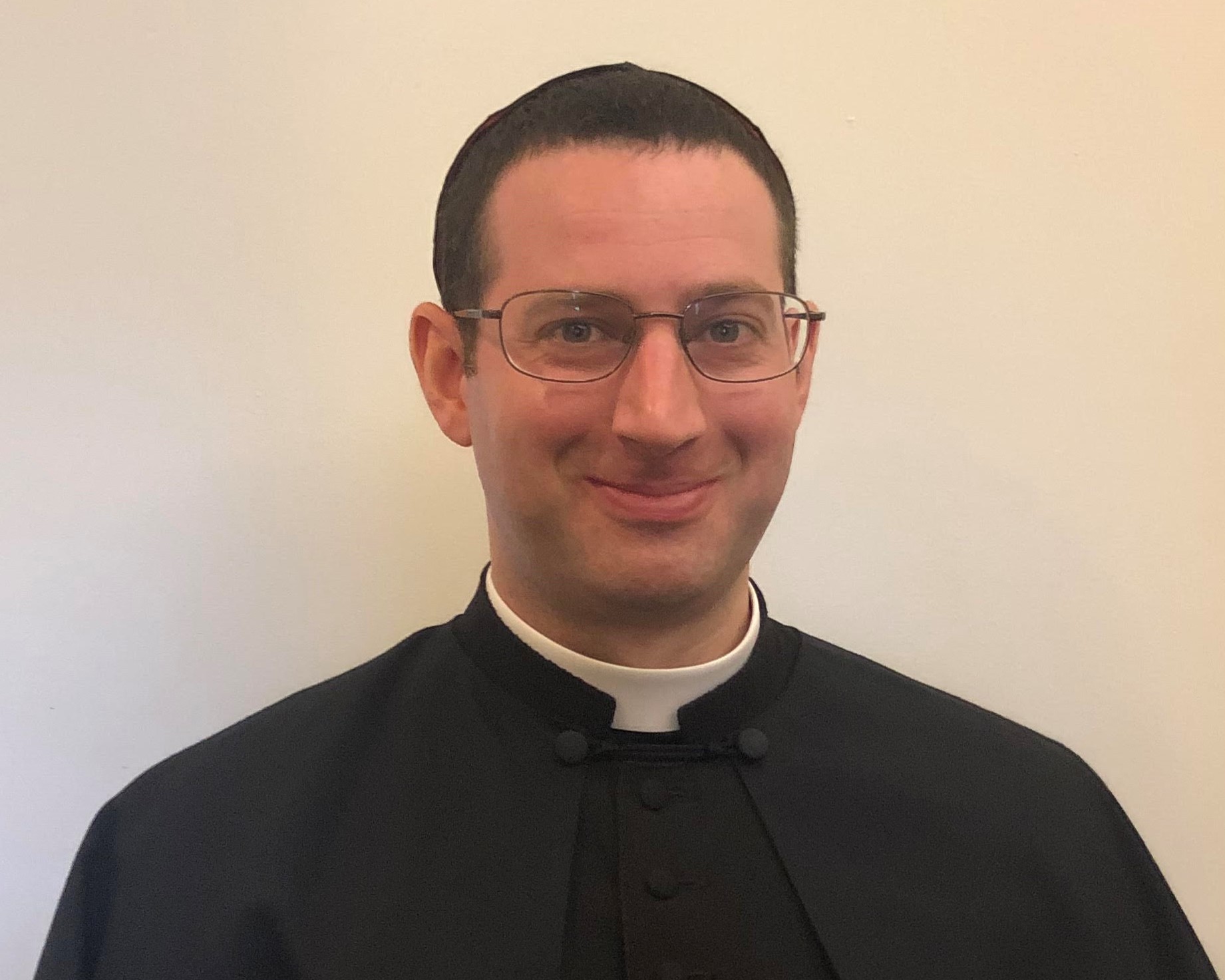Previously, it was recounted that there was a time in the Church’s history, and not too long ago at that, when the frequent or daily reception of Holy Communion was very uncommon. This changed in 1905 when Pope St. Pius X issued Sacra Tridentina Synodus. In addition to reintroducing the practice of frequent Communion into the life of the Church, this document also taughtwhat the Church expects of those who would undertake this practice. It is worthwhile to revisit the teachings of this document.
In the last post, it was shown how the decree taught that one should not receive Holy Communion “through habit or vanity, or from human motives, but in order to please God and become more intimately united to Him by charity, and, by virtue of this divine remedy to combat all faults and weaknesses.”
The decree continues:
Although it is very desirable that those who receive Communion frequently and daily be exempt from at least fully deliberate venial sins, and have no affection for them, nevertheless, it is sufficient that they have no mortal sin, and have a firm purpose of never committing any in the future. With this firm and sincere purpose of the soul, it is impossible that those who receive Communion every day should not free themselves from venial sins also, and gradually from all affection for these sins.
At a minimum, in order to fruitfully receive Holy Communion, one must be in a state of grace, that is Baptized and not conscious of any unabsolved mortals sins, and have kept the Communion Fast. To receive Holy Communion in a state of mortal sin is a sacrilege and, therefore, is itself also a mortal sin.
In this regard, St. Paul wrote, as is heard on Holy Thursday and on Corpus Christi, “Therefore, whosoever shall eat this bread, or drink the chalice of the Lord unworthily, shall be guilty of the body and of the blood of the Lord. But let a man prove himself: and so let him eat of that bread and drink of the chalice. For he that eateth and drinketh unworthily eateth and drinketh judgment to himself, not discerning the body of the Lord.”
This is why the Church can and does refuse Holy Communion to those openly living in grave sin – she does so not only to prevent sacrilege against the Body of her Lord and scandal among the faithful, but also to prevent the sinner from committing additional grave sins.
As Christ and sin are utterly opposed to each other, those who receive Holy Communion should strive to live a life as free from sin as possible. The Faithful should not, however, entertain unrealistic expectations. Even the greatest of saints, excluding the Blessed Virgin of course, were not free from venial sins. But they should strive to avoid venial sin as best they can with the help of God’s grace and ask for forgiveness when they fall.
And, as the document noted, making one’s present Communions fruitful makes one more worthy to receive in the future.
The decree further states that the effects of the Sacraments
will be in proportion to the perfection of the dispositions of those who will receive them. Catholics will, therefore, take care to make a diligent preparation before Communion and a fitting thanksgiving after, according to each one’s strength, condition, and duties.
The amount of grace one receives in Holy Communion is proportional to one’s dispositions. If one approaches Holy Communion in an unrecollected manner, without giving much thought to Whom one is about to receive, one will not receive much fruit. But, by preparing properly, one may more fully open himself up to the effects of grace God wants to produce in his soul. Hand missals, prayer books, and even the little red TLM books, have prayers for before and after Holy Communion to aid the faithful.
This is why it is so important to maintain an atmosphere of prayer, recollection, and silence in the church both before and after Mass. Out of charity, each should aid their fellow parishioners who are about to receive or who have received make their preparations or thanksgivings by not being a distraction to them.
And to those who are not in the habit of praying before and after Mass as a way of preparing for Communion and of giving thanks, you are invited to begin this practice which has been so recommended by the Church.
As you, dear reader, prepare for Communion may you put into effect these lessons – to receive only in a state of grace, to combat sin in your life, to prepare beforehand and to make a thanksgiving afterwards, and to receive out of a desire to please God and grow in holiness.
To turn a well-known phrase, let us strive to treat every Communion as our First Communion, our last Communion, and our only Communion.








